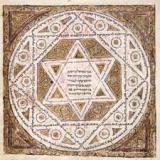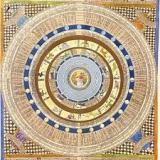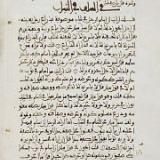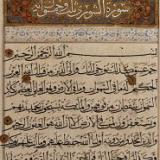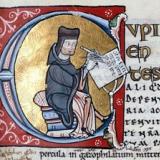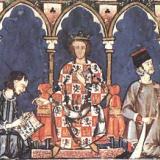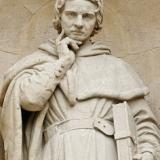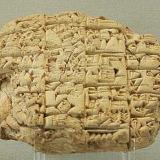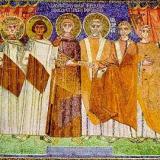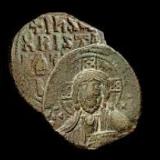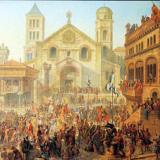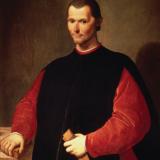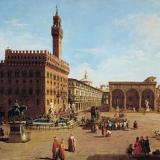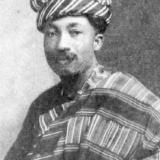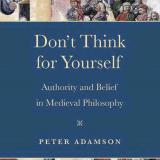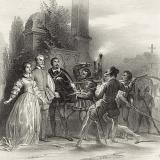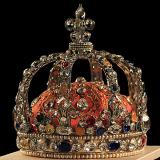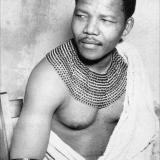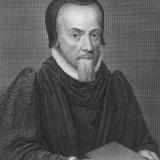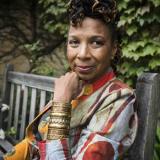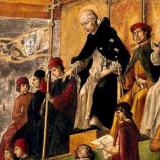Law
Posted on
The roots of Jewish philosophy in the Islamic world, focusing on the Rabbinic background in the Mishnah and Talmud, and the thought of early figures like Isaac Israeli.
Posted on
Saadia Gaon draws on philosophy and Islamic theology to provide a rational account of Jewish belief.
Posted on
The development of Islamic law and jurisprudence (fiqh), and the many-sided output of the legal theorist Ibn Ḥazm.
Posted on
The controversial jurist Ibn Taymiyya sets forth an originalist theory of law and a searching criticism of the philosophers’ logic.
Posted on
Gratian and Peter Lombard help bring scholasticism to maturity by systematizing law and theology.
Posted on
A discussion about Roman law and its reception in the medieval period, with ancient law expert Caroline Humfress.
Posted on
Natural law and political legitimacy in thirteenth century thinkers up to and including Thomas Aquinas.
Posted on
An interview with Monica Green reveals parallels between medicine and philosophy in the middle ages.
Posted on
Jean Gerson’s role in the political disputes of his day, the spread of lay devotion and affective mysticism, and the debate over the Romance of the Rose initiated by Christine de Pizan.
Posted on
The host of the History of India podcast joins us for the final episode on India.
Posted on
Do the cuneiform writings of Babylonian culture show that it had its own philosophy?
Posted on
Byzantine political thought from the time of Justinian down to the Palaiologos dynasty wrestles with the nature and scope of imperial power.
Posted on
Legal and economic thought in Byzantium: the sources of the law’s authority, the relation of church and civil law, just price, and just war.
Posted on
Did “civic humanism” really make republicanism a newly dominant political theory in the Italian Renaissance?
Posted on
Machiavelli’s seminal work of political advice, The Prince, tells the ruler how to be strong like a lion and cunning like a fox.
Posted on
Bruni, Poggio, Machiavelli, and Guicciardini explore political ideas and historical method in works on Roman and Italian history.
Posted on
West African intellectuals like J.E. Casely-Hayford (pictured) and Mojola Agbebi build upon Edward Blyden’s ideas at the dawn of the twentieth century.
Posted on
The story of Martin Luther King Jr. up to 1963, focusing on the development of his philosophy of nonviolence.
Posted on
Peter reads the first chapter of his new book Don’t Think for Yourself: Authority and Belief in Medieval Philosophy, available from University of Notre Dame Press. Pre-order with the code 14FF20 from undpress.nd.edu, to get a 20% discount!
Posted on
Protestant French thinkers like François Hotman and Theodore Beza propose a radical political philosophy: the king rules at the pleasure of his subjects.
Posted on
The polymath Jean Bodin produces a pioneering theory of political sovereignty along the way to defending the absolute power of the French king.
Posted on
The career and ideas of Nelson Mandela up to the time of his imprisonment, in the context of the founding of the African National Congress.
Posted on
Richard Hooker defends the religious and political settlement of Elizabethan England using rational arguments and appeals to the natural law.
Posted on
A movement of legal scholars diagnoses the limitations of merely “formal” measures against discrimination, a point they connect to issues like affirmative action, democratic process, and intersectionality.
Posted on
How religious persecution and censorship shaped the context of philosophy in Catholic Europe in the sixteenth century.

